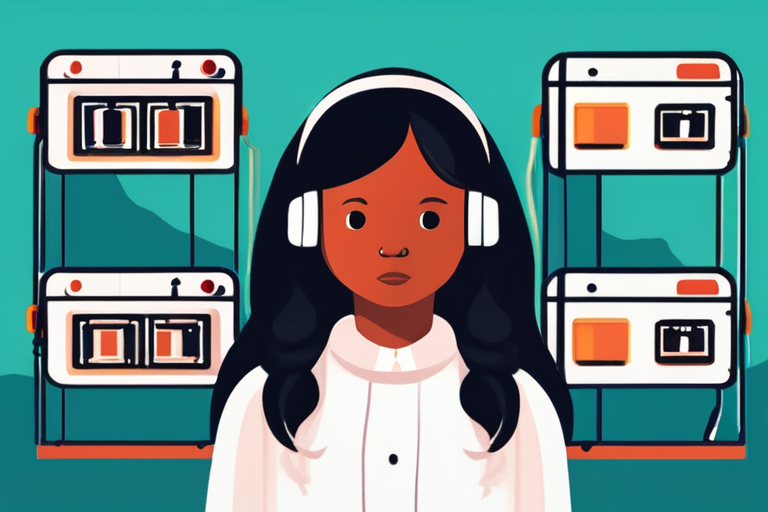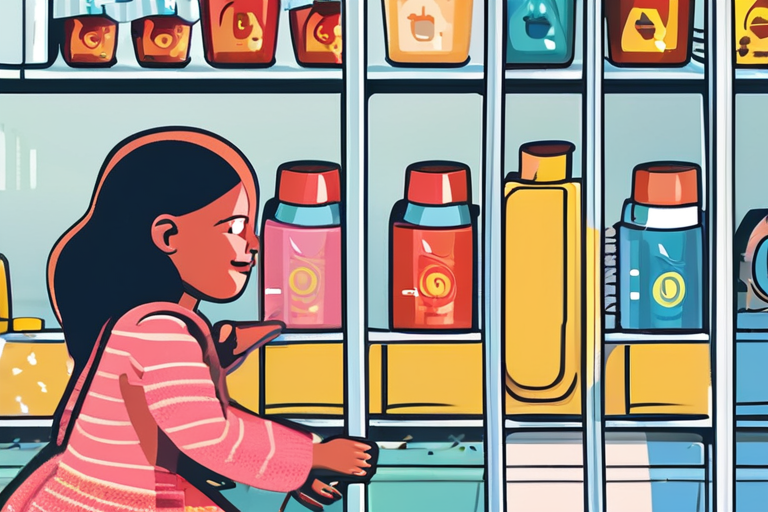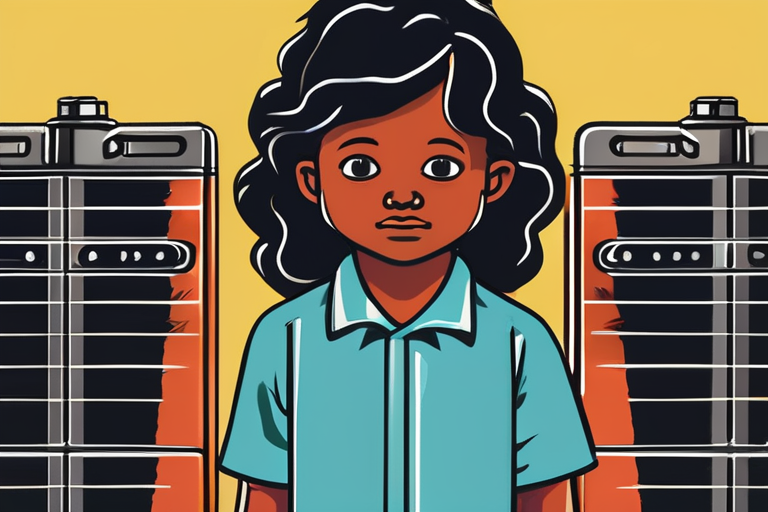Lead-Acid Batteries Poisoning Millions: 3 Proven Solutions to Save Global South Children


Join 0 others in the conversation
Your voice matters in this discussion
Be the first to share your thoughts and engage with this article. Your perspective matters!
Discover articles from our community

 Hoppi
Hoppi

 Hoppi
Hoppi

 Hoppi
Hoppi

 Hoppi
Hoppi

 Hoppi
Hoppi

 Hoppi
Hoppi

Childhood Plastic Exposure Linked to Chronic Diseases, Experts Warn A comprehensive review of hundreds of studies has revealed that exposure …

Hoppi

Childhood Plastic Exposure Linked to Chronic Diseases: Experts Warn of Lasting Risks A comprehensive review by researchers at NYU Langone …

Hoppi

Lead-Acid Batteries Poisoning Millions of Children Globally: Experts Identify Proven Solutions Khan Younis, Gaza - A staggering number of children …

Hoppi

Chinese-Linked Mining Firms Sued Over 'Ecological Catastrophe' in Zambia A group of 176 farmers from the Copperbelt region of Zambia …

Hoppi

Lead-Acid Batteries Poisoning Global South: Proven Solutions Emerge Khan Younis, Gaza - The recycling of lead-acid batteries has become a …

Hoppi

Portable Batteries for Road Trips: A Reliability Test with a Twist In a bid to determine the reliability of portable …

Hoppi